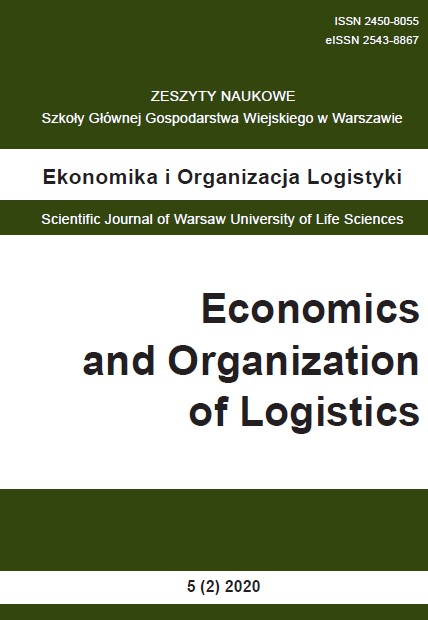Waste management in Poland versus the circular economy
Waste management in Poland versus the circular economy
Author(s): Edward Rydgier, Joanna BrilSubject(s): Public Administration, Environmental and Energy policy, Human Ecology, Environmental interactions, EU-Approach / EU-Accession / EU-Development, Transport / Logistics
Published by: Szkoła Główna Gospodarstwa Wiejskiego w Warszawie
Keywords: municipal waste; waste management; circular economy;
Summary/Abstract: The authors of the article examined the municipal waste management system in Poland in terms of the impact of European Union directives introducing a circular economy in the European Union countries. When assessing the functioning of the system, the social factor was taken into account, as municipal waste management has a significant impact on social life. For example, increasing costs of waste management, resulting in high increases in fees for garbage collection, cause opposition from residents. Lack of funds for the implementation of waste management tasks by municipalities may result in failure to comply with the obligatory recycling levels, which may result in imposing fines on the municipalities. In addition, recycling rates may not be met due to the coronavirus epidemy. It should be emphasized that, just as the introduction of municipal responsibility for waste management in 2012 was equated to a revolution called commonly the “junk revolution”, the conversion of the entire economy to a closed loop is an extremely difficult challenge for municipalities, as neglect of waste management may result in an ecological disaster.
- Issue Year: 5/2020
- Issue No: 2
- Page Range: 83-95
- Page Count: 13
- Language: English

